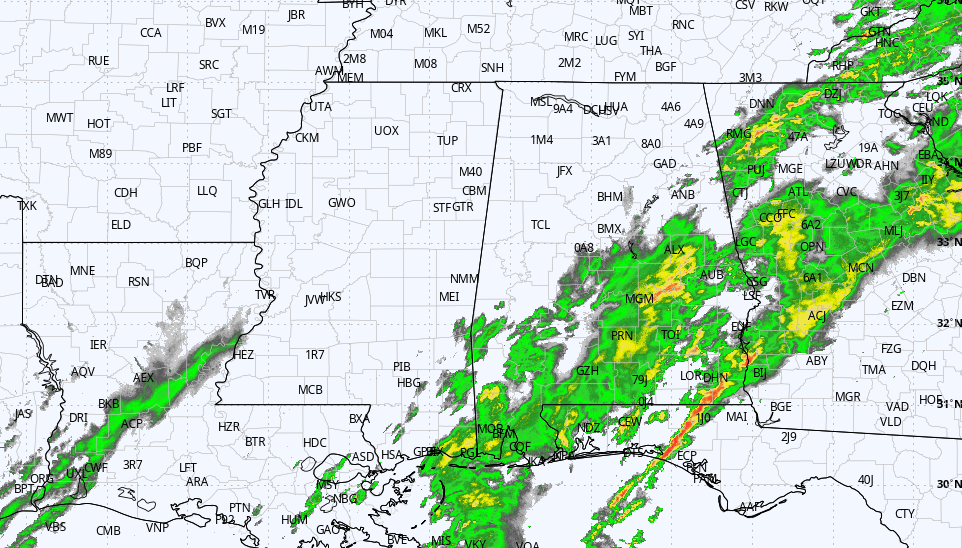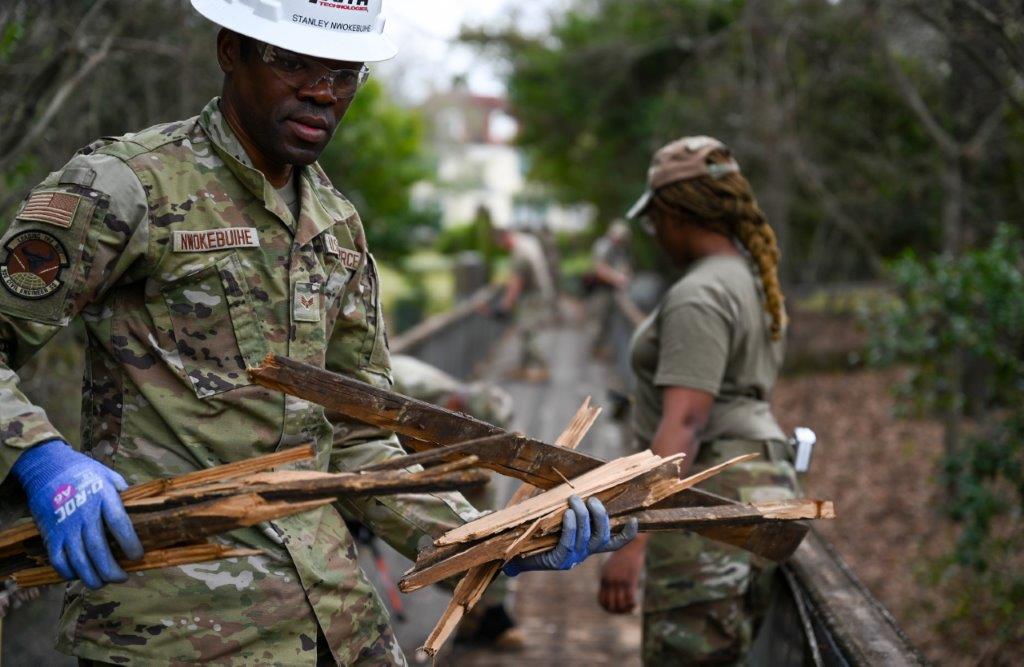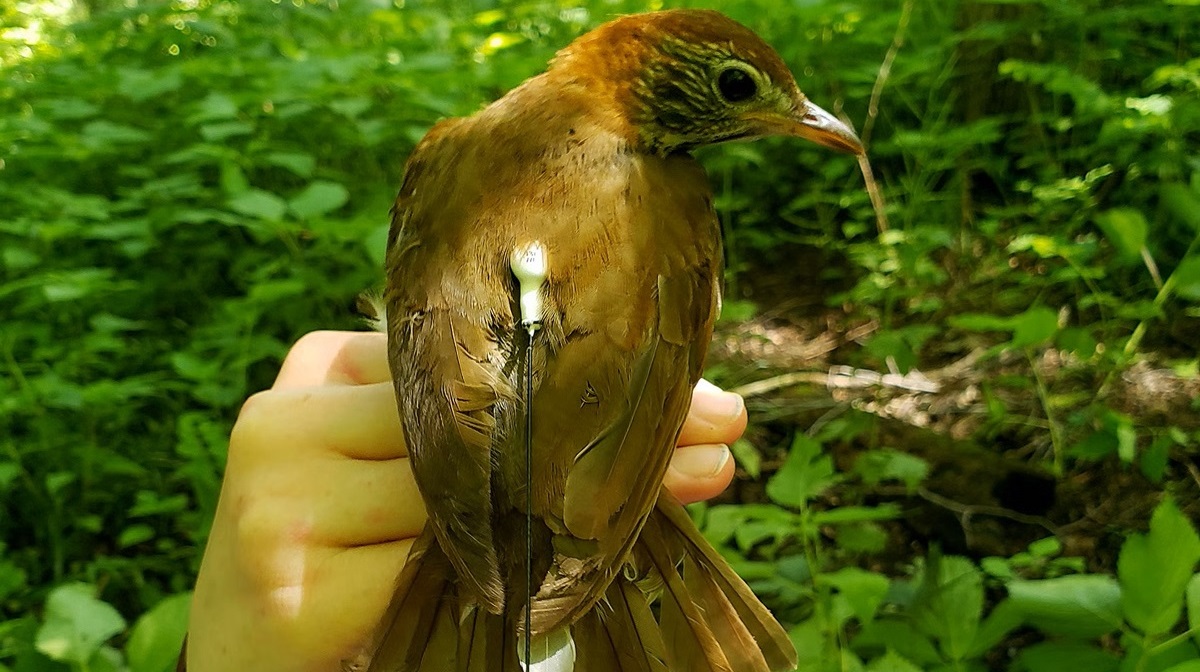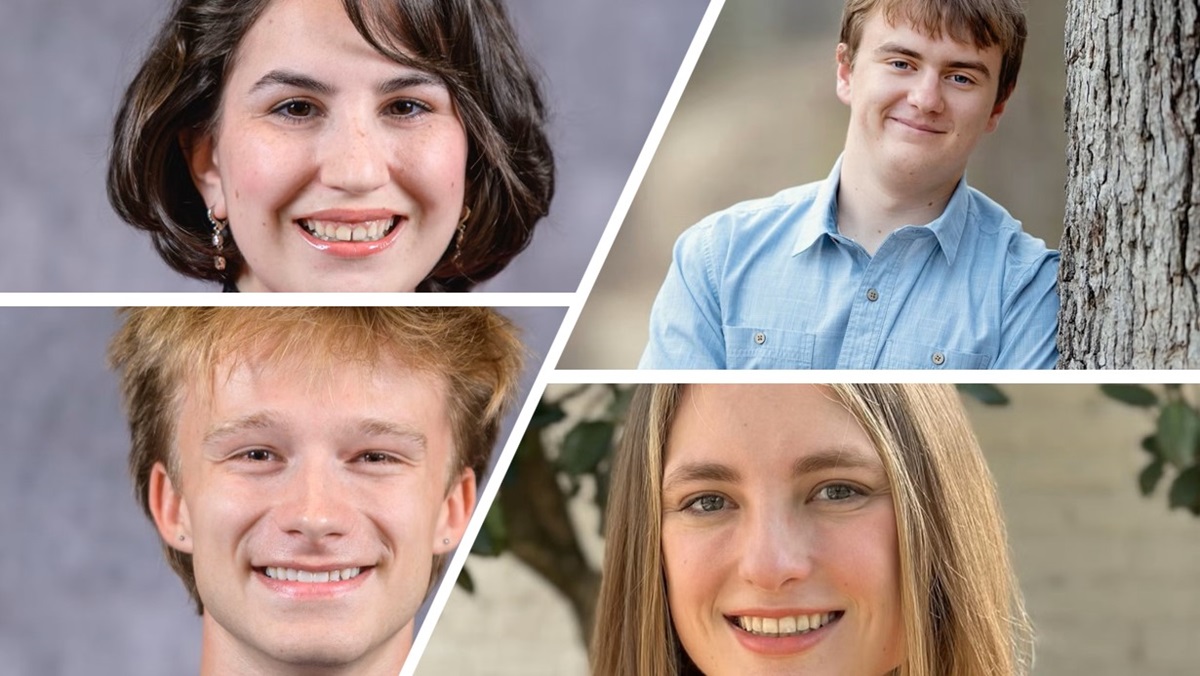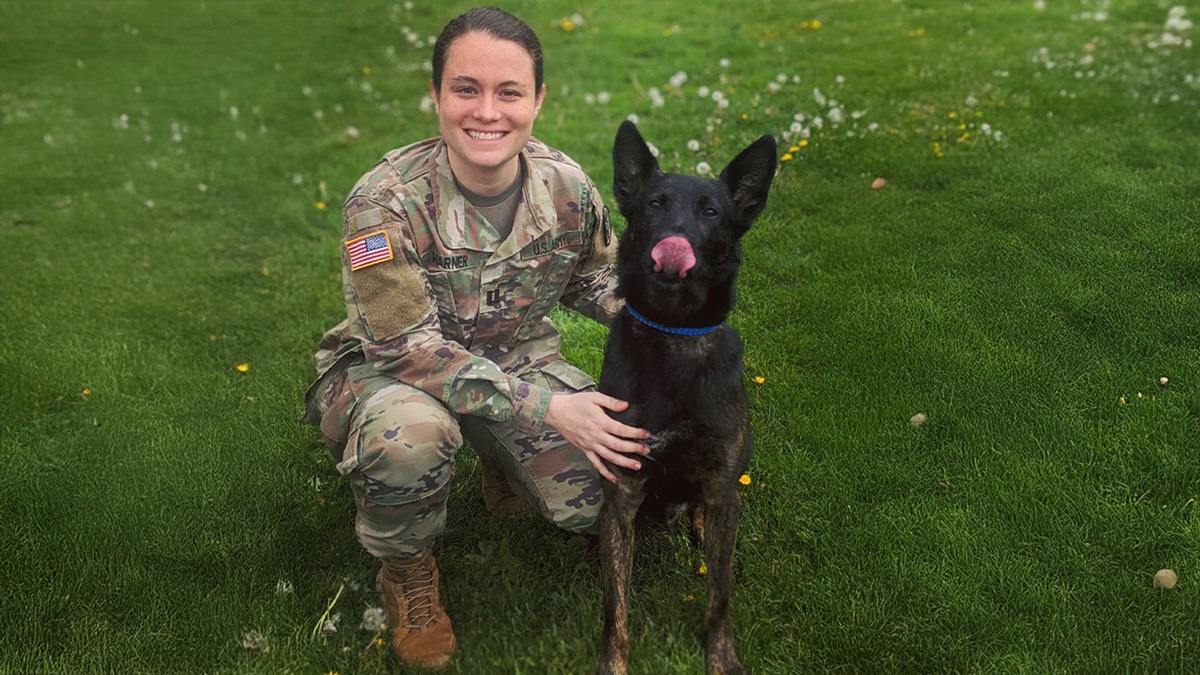A breast cancer survivor before age 30: ‘Genetic testing saved my life’
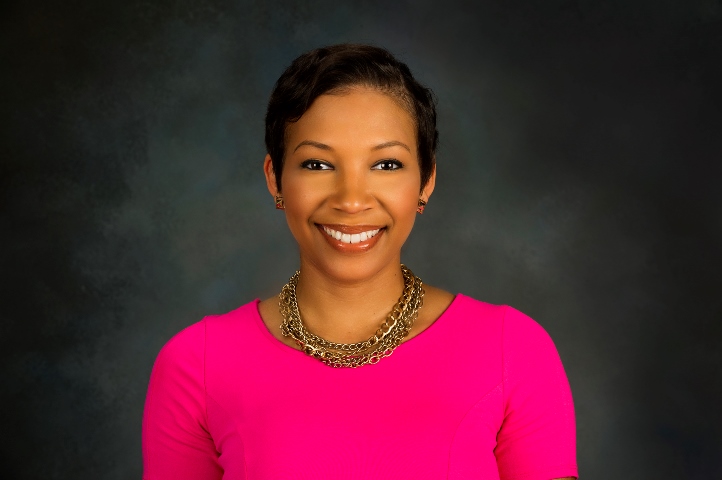
“Fighting cancer is a journey. Some days won’t be good, but not all days will be bad. I learned that fighting and surviving is 80 percent mental and 20 percent physical,” says breast cancer survivor Tiffany Brown. “I had to make up in my mind every day that cancer would not win.” (Alabama NewsCenter/Phil Free)
Survivor Stories: Tiffany Brown’s breast cancer came before her 29th birthday from Alabama NewsCenter on Vimeo.
Tiffany Brown was diagnosed with breast cancer two weeks before her 29th birthday. Brown, now 30, credits her recovery to awareness of a hereditary genetic mutation that predisposed her to the disease. The nurse practitioner, who lives in the Birmingham area, shares her story of family risk, faith and survival.
My first awareness of breast cancer in my family is when my aunt Sherri Summers, my mother’s sister, was diagnosed in 1997. I was 11, so I don’t remember much, but I do have memories of seeing her sick after chemotherapy. I remember the head wraps she used to wear after she lost her hair.
Throughout high school, I never thought about breast cancer. But what teenager does? My mother, Veronica Brown, was diagnosed in 2004, while I was a freshman in college, and even after that, I was not as vigilant about my breast health as I should have been.
[RELATED STORY: Karen Jones relied on support system in breast cancer fight]
In the mid-2000s, after my aunt Sherri’s cancer returned, my mother decided to pursue genetic testing. It was determined my grandmother, mother and three aunts all had the BRCA 1 gene mutation that increases risk of breast cancer up to 80 percent and risk of ovarian cancer up to 50 percent. It was then I realized that I, too, could possibly have this genetic mutation. There was a 50 percent chance that my mother passed it on to me, meaning my chances of developing breast cancer would be a lot higher than I ever thought. Around 2007, my last year of college, I became committed to doing monthly breast self-exams.
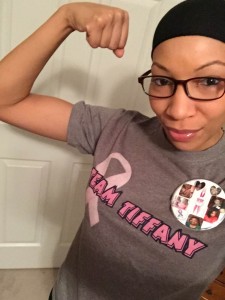
Tiffany Brown shows her strength after her final chemotherapy treatment in January 2015. (Contributed)
After my mom tested positive for the BRCA 1 gene mutation, I knew genetic testing was something that I would need. I always thought that I would get tested in my 30s, after I had children. Since my mom and aunts were all diagnosed closer to age 40, I thought I had time. Plus, I knew if I tested positive I would want to take immediate action via surgery, and I wanted to have the opportunity to get married, have babies and breastfeed first. That all changed for me in 2014 when my 22-year-old cousin, Deszeray Summers, was diagnosed with breast cancer. I knew then that I needed to put my fears aside and be fully aware of my risks.
I knew what testing positive for the mutation would mean for me, and I was terrified. Once I tested positive, I felt like I was a ticking time bomb just waiting to go off – as if I was just waiting to hear the words “You have cancer.” Once I tested positive, I was referred to a breast health clinic for increased surveillance. There, my medical care providers were very diligent in making sure I was watched closely. Knowledge is power and, in this case, genetic testing saved my life.
Being a medical professional has made me aware of the importance of early detection. I’ve come in contact with many patients with different forms of cancer, who have had very difficult treatment journeys and have not had the best outcomes because of how far their cancer had advanced by their diagnosis. I was diagnosed at stage 1 with no lymph node involvement and, due to my early detection, my five-year survival rate is greater than 90 percent.
I want breast cancer patients and survivors to know that it’s OK to be scared. It’s OK to be sad. It’s OK to be angry. It’s OK to need help. Being strong all the time is exhausting, and if you’re blessed to have people around who love and support you, let them. Fighting cancer is a journey. Some days won’t be good, but not all days will be bad. I learned that fighting and surviving is 80 percent mental and 20 percent physical. I had to make up in my mind every day that cancer would not win.
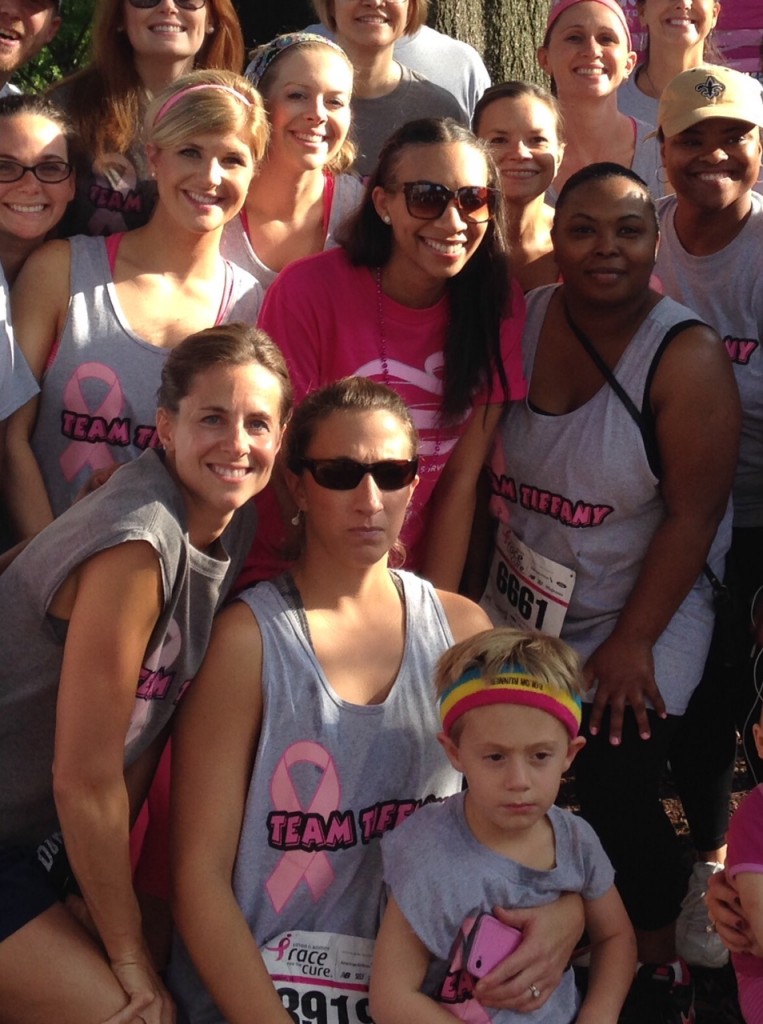
The “Team Tiffany” Race for the Cure team of family, friends and co-workers in October 2014, weeks after her diagnosis. (Contributed)
My faith was one of the most important things to carry me through my recovery. Jeremiah 29:11 is one of my favorite scriptures, and I truly believe God knows the plans He has for us and He is a very intentional God. On days when I got scared, was angry, was in pain or simply didn’t understand, I remembered that scripture. I also believed Romans 8:28. I believed that all things would work out for my good because that is what God promised me. I also had an awesome support system. My family, friends and co-workers helped so much to ensure my recovery and healing process went as smoothly as possible. I could never thank them enough.
At times, it still feels surreal to say I’m a 30-year-old breast cancer survivor. But I also realize what a blessing it is to still be here, because things could’ve ended so differently. I’m excited about this next decade of my life. Cancer has given me a new outlook and a new perspective. It is my mission to truly live each day to the fullest and make my happiness my top priority. I’m proud to be a survivor and to join the club of so many women and men of all ages who bravely fought this disease and won.
For more information on genetic testing for cancer risk, call the UAB Clinical Cancer Genetics Clinic at 205-934-1154.

